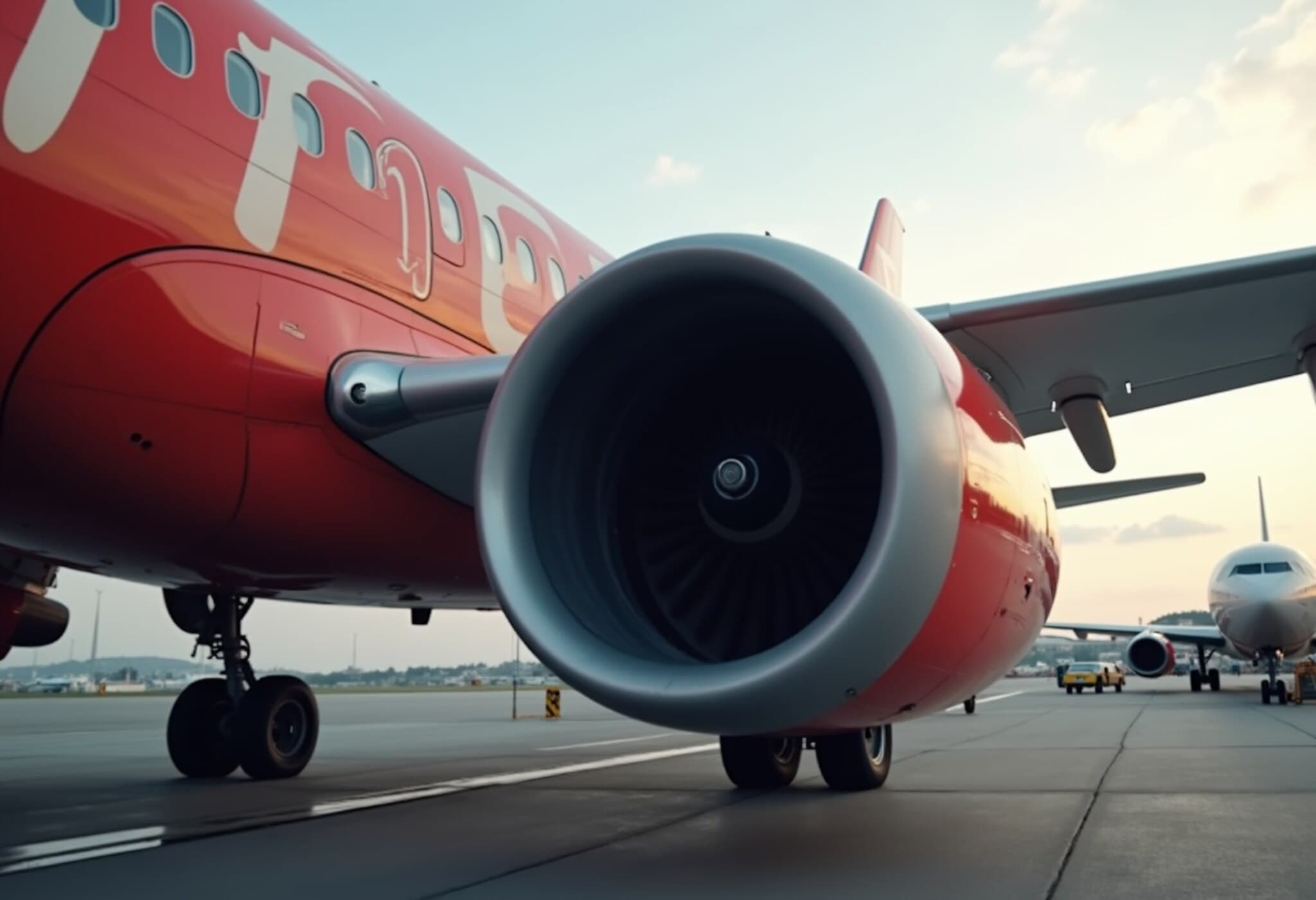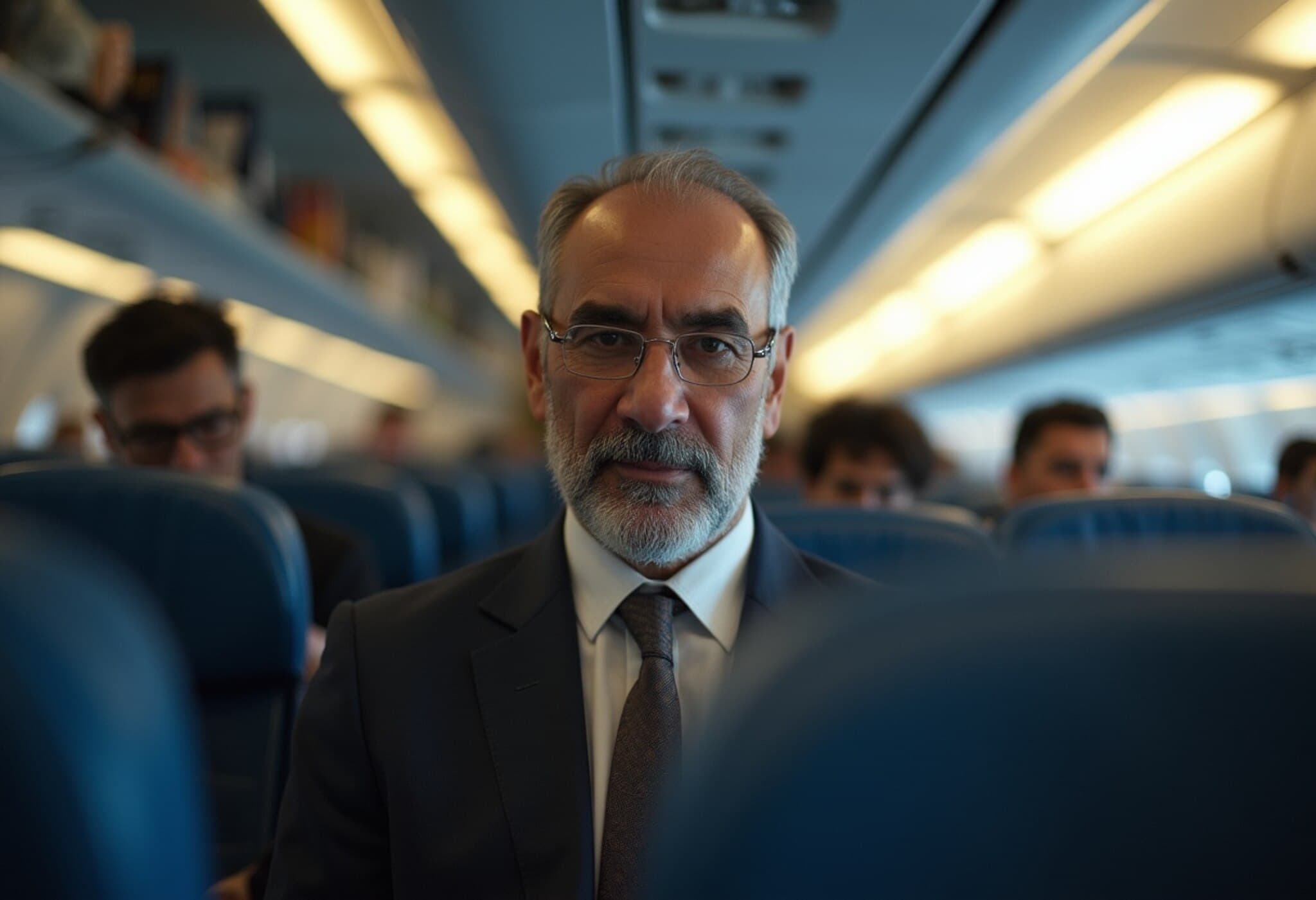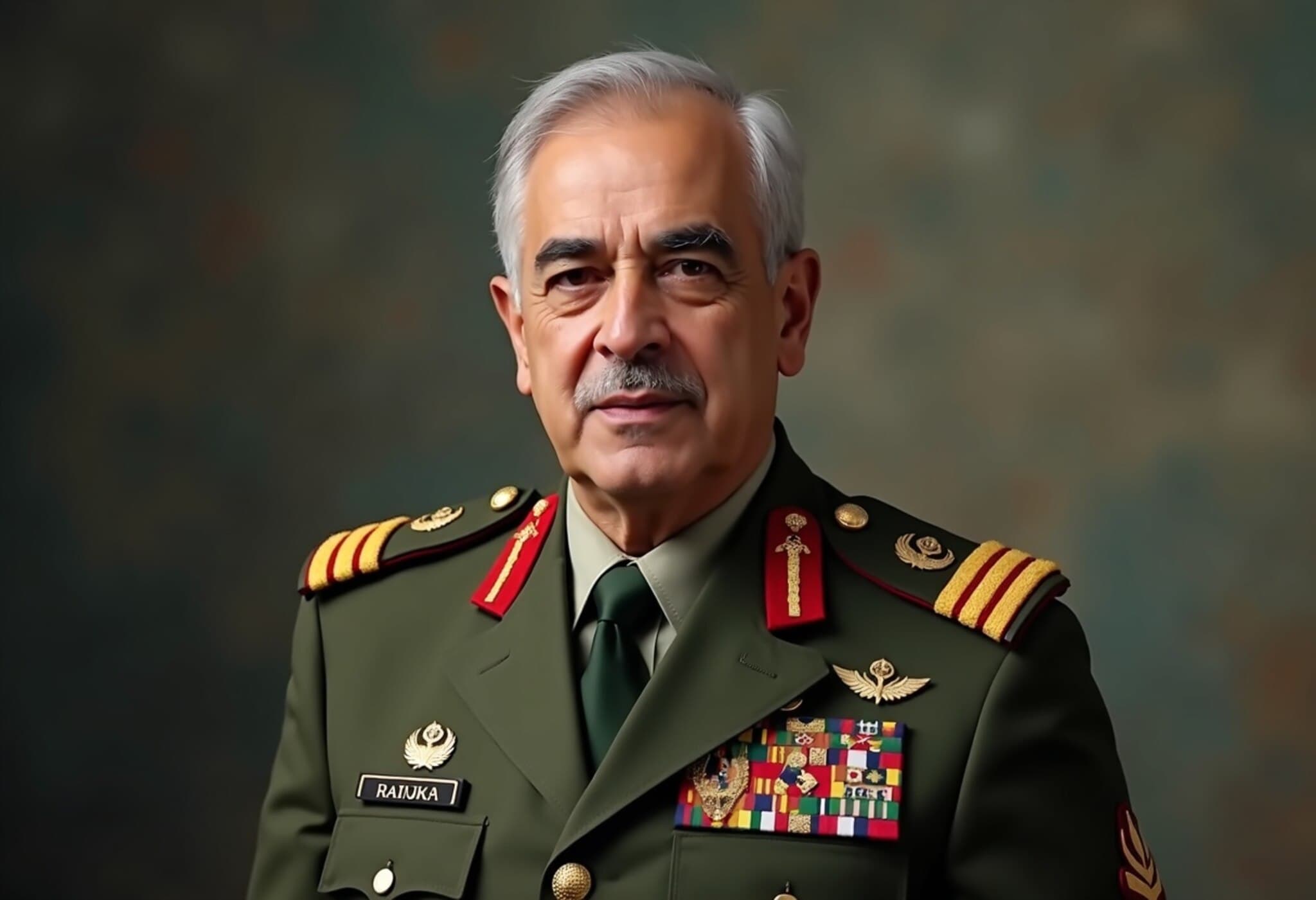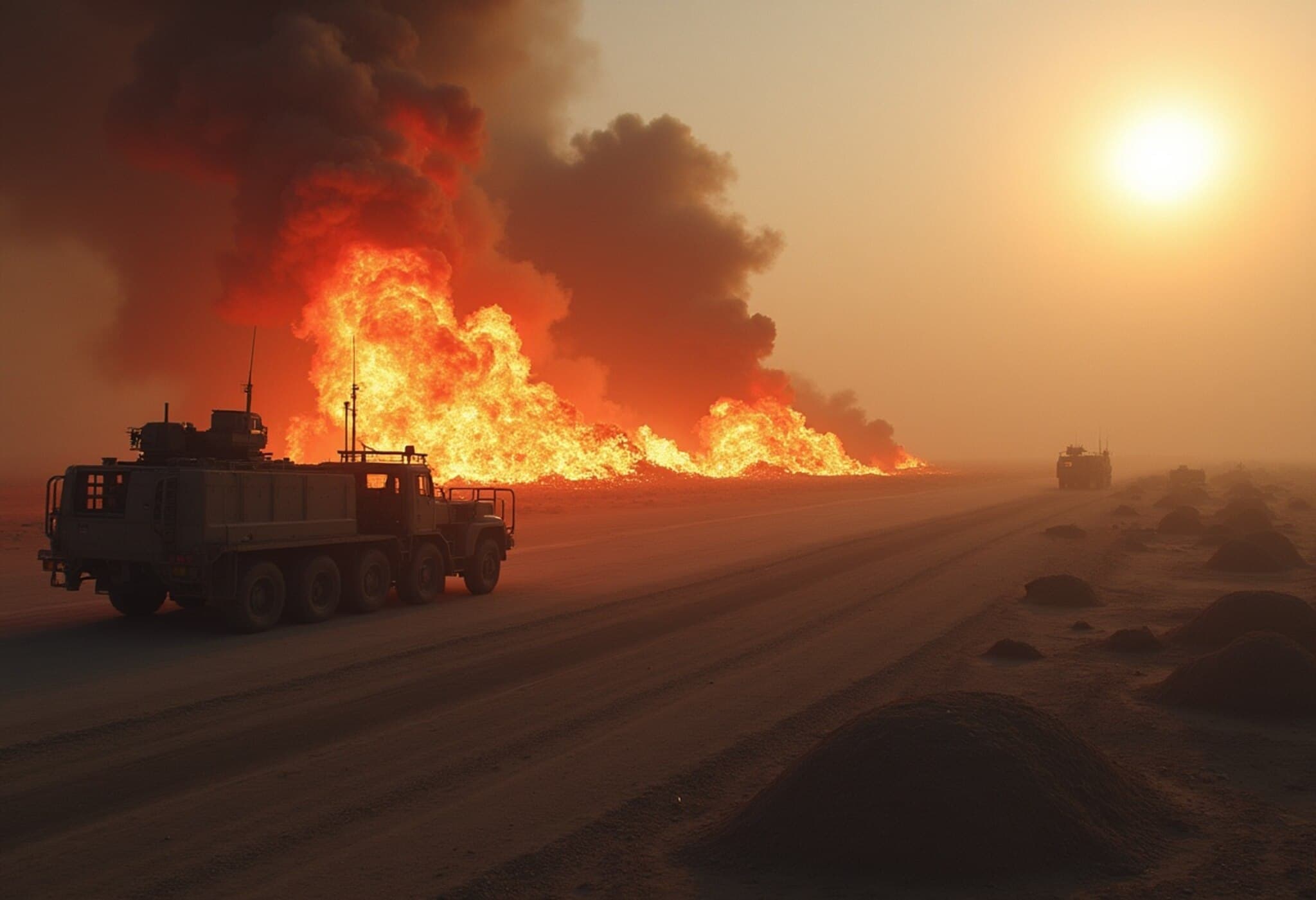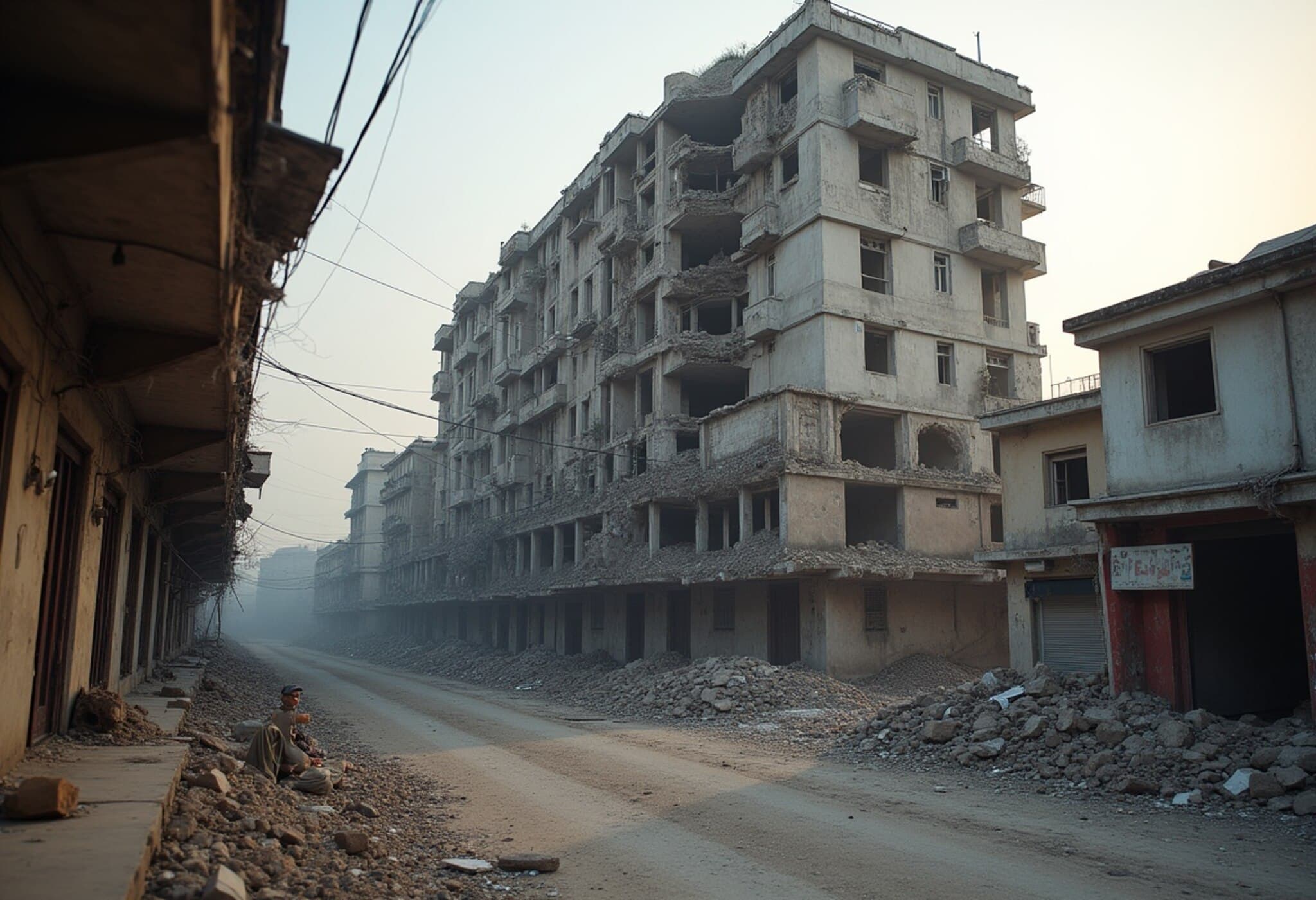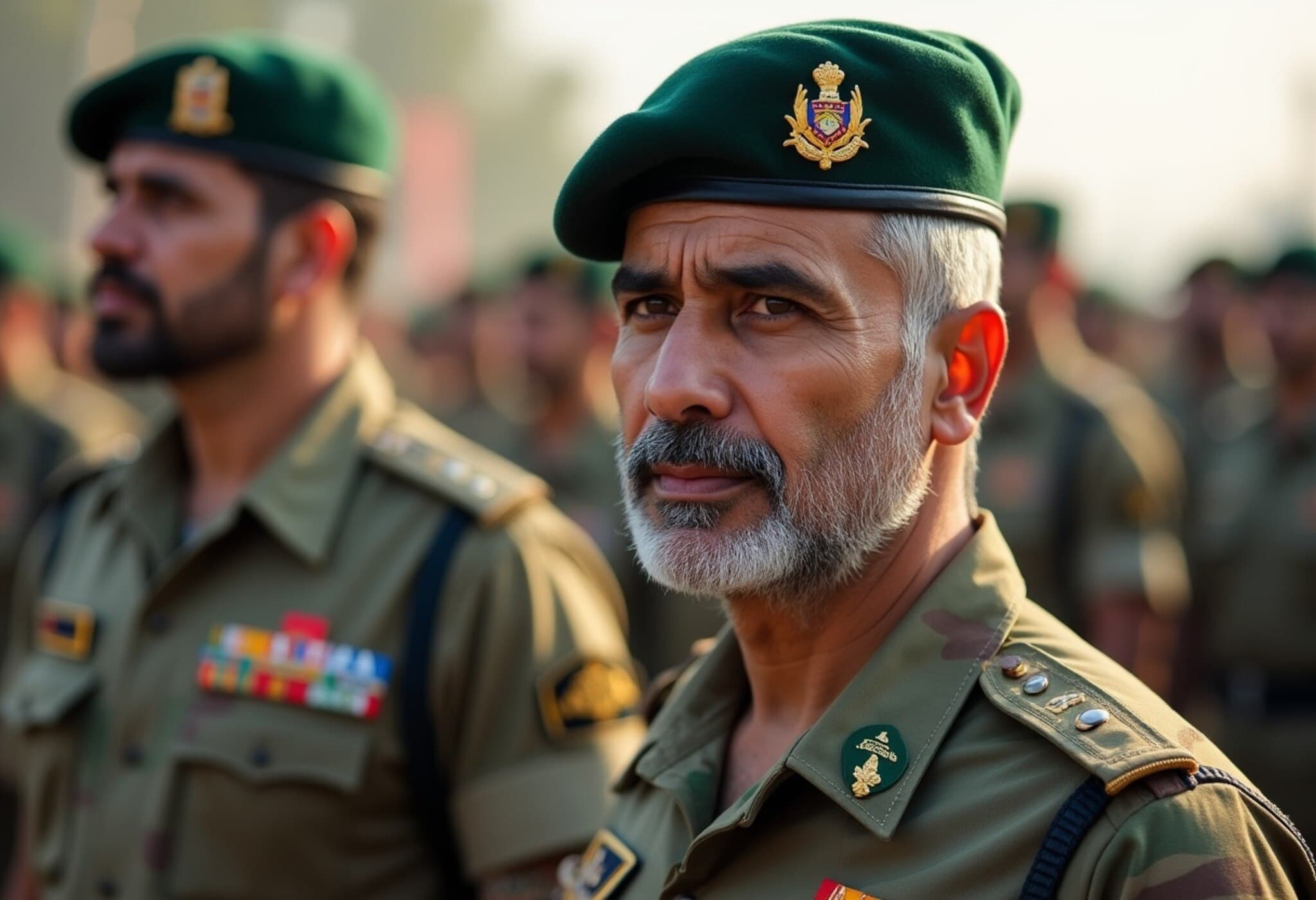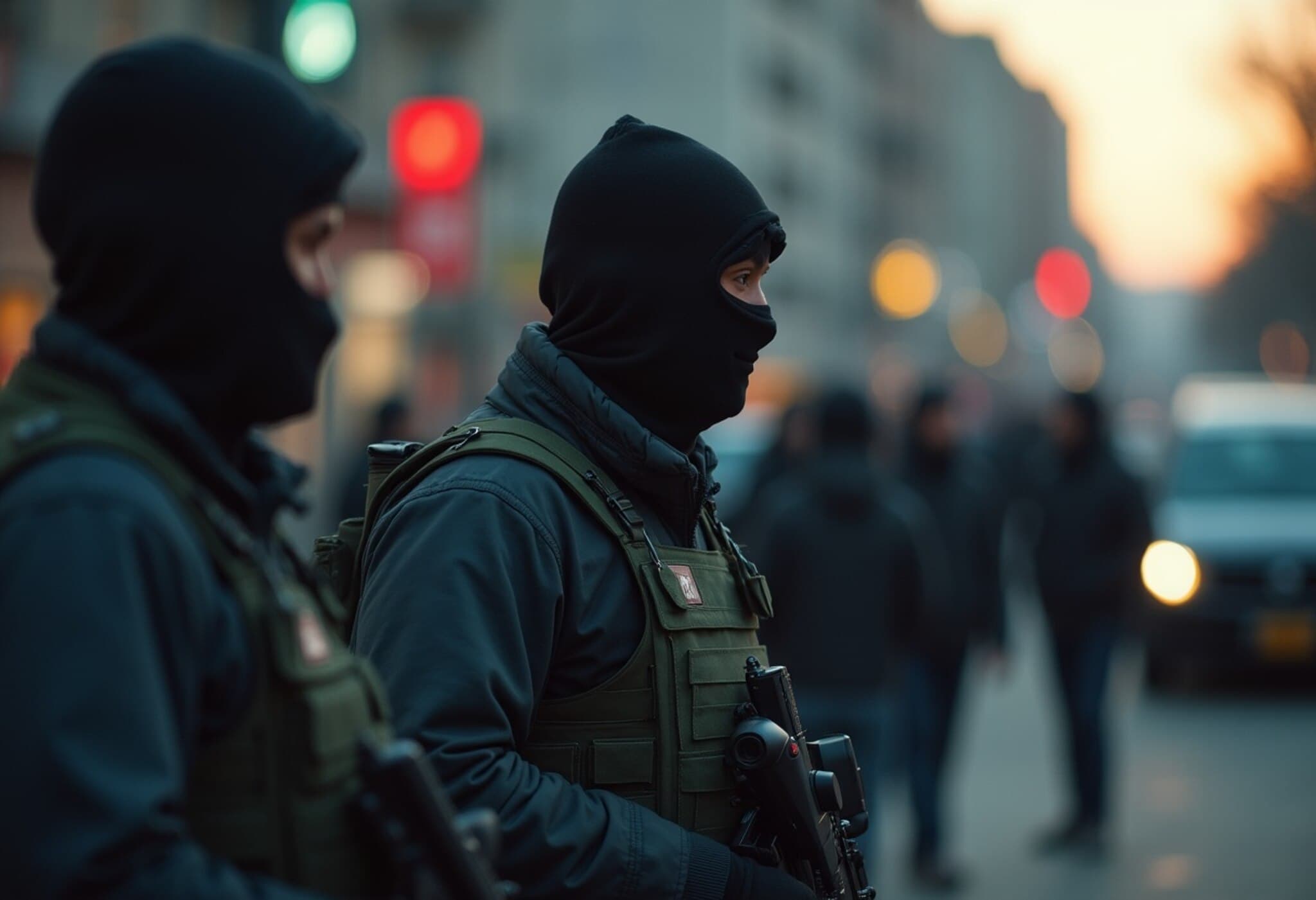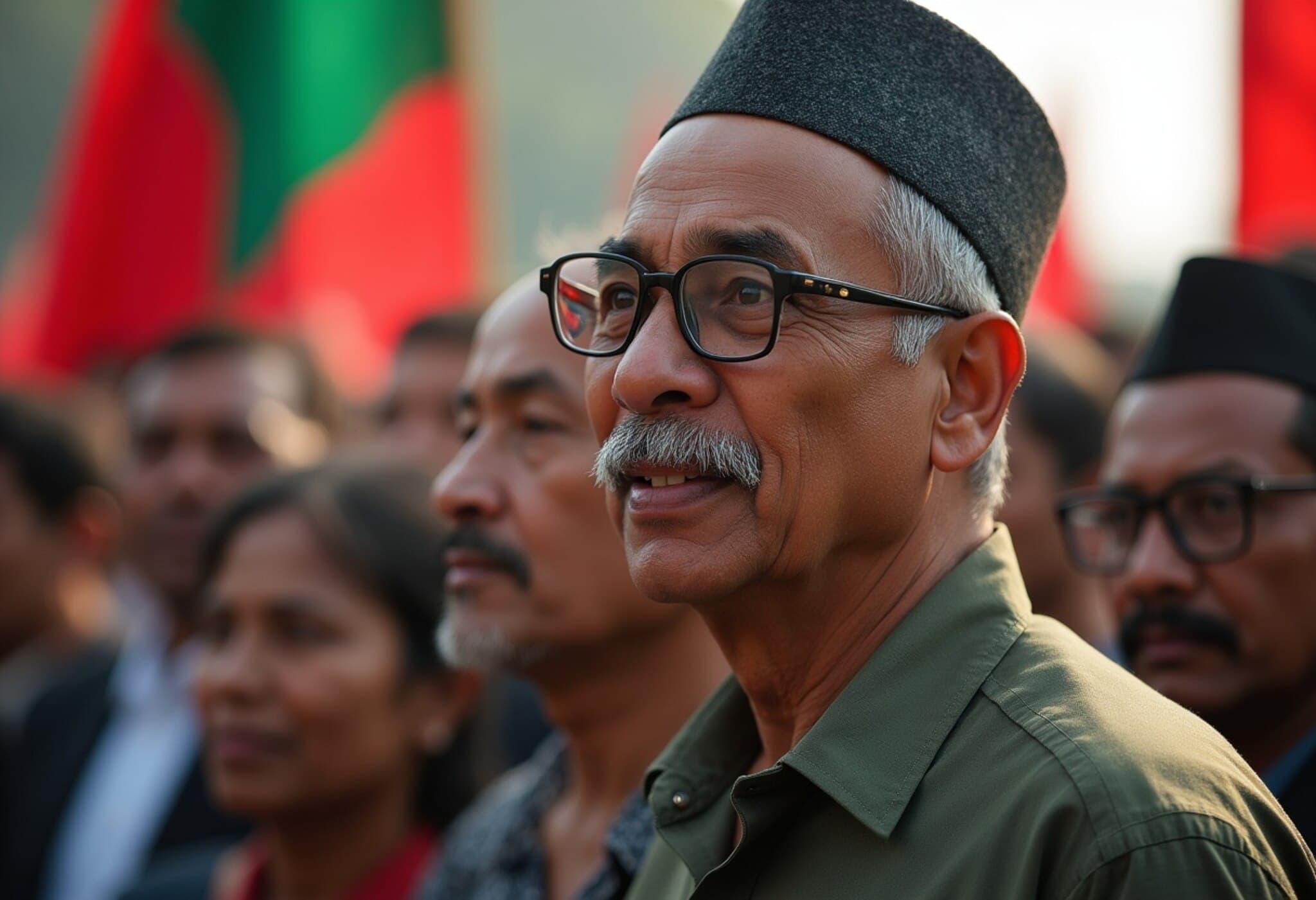Pakistani Man's International Detour Highlights Airport Security Gaps
In a bewildering travel mix-up that underscores vulnerabilities in airport security protocols, a Pakistani man intending to fly domestically from Lahore to Karachi inadvertently landed in Jeddah, Saudi Arabia. This incident, which sparks wider concerns about airline accountability and immigration checks, took place on July 8, 2025.
The Incident: A Flight to the Wrong Destination
Malik Shahzain Ahmed boarded an Air Sial flight at Lahore Airport with the expectation of reaching Karachi. However, unaware of the aircraft’s actual destination, he found himself on an international flight headed to Saudi Arabia.
“I realized something was wrong when the flight didn’t show signs of approaching Karachi,” Ahmed recounted in a personal video statement. The realization that he was en route to Jeddah — thousands of kilometers away — came too late.
Missing Passport and Detainment Complicate Matters
Compounding the confusion was Ahmed’s absence of a passport, a non-negotiable requirement for international travel. Upon landing, Saudi immigration detained him due to the missing documentation.
Thankfully, after clarifications, he was deported back to Lahore without significant legal complications. Yet, the episode raises difficult questions about how such a breach could have occurred.
Accountability and Repercussions: Airlines Under Scrutiny
The Pakistan Airports Authority (PAA) promptly acknowledged the incident, assigning responsibility squarely to Air Sial. PAA spokesperson Saifullah stated a comprehensive report was forwarded to the Civil Aviation Authority, advocating for a substantial fine against the airline for this operational lapse.
Critics argue this event is emblematic of a broader “systemic failure,” as Ahmed managed to board an international flight without carrying essential travel documents or being flagged by airport personnel.
Security Challenges and Policy Implications
This incident shines a harsh light on security and procedural gaps, especially concerning passport verification before boarding international flights. It raises fundamental questions about the effectiveness of existing protocols and the potential repercussions if such an error had escalated into a diplomatic or legal crisis.
The PAA has vowed to reinforce security checks and improve verification measures to preclude similar incidents.
Passenger Rights and Airline Responsibility
Adding to the traveler’s distress, Ahmed reported that Air Sial refused to cover the cost of his onward journey to Karachi, insisting he purchase a new ticket despite the airline’s error. This stance draws attention to passenger rights in cases of airline mishaps and the ethical obligations carriers have toward their customers.
Broader Context: Lessons for the Aviation Industry
- Security Verification: Ensuring rigorous document checks at both immigration and boarding gates is imperative.
- Training and Accountability: Staff must be adequately trained to detect and prevent boarding errors.
- Passenger Support: Airlines should establish clear protocols to compensate and assist passengers affected by their mistakes.
- Regulatory Oversight: Civil aviation authorities need to enforce compliance and sanction violations effectively.
Such incidents can erode public trust in air travel and have far-reaching impacts on international relations. The prompt resolution in this case was fortunate but should not mask underlying vulnerabilities.
Editor's Note
This extraordinary case serves as a wake-up call to airline operators and regulatory bodies in Pakistan and beyond. While thankfully no diplomatic fallout ensued, the incident reveals a constellation of risks — from security lapses to passenger rights negligence. Future policies must bridge these gaps to safeguard travelers and uphold the integrity of international aviation.
As global air travel rebounds from pandemic disruptions, attention to detail and accountability is more critical than ever. How will stakeholders adapt to prevent such blunders? This story invites us to scrutinize and demand higher standards in the systems designed to protect us.





